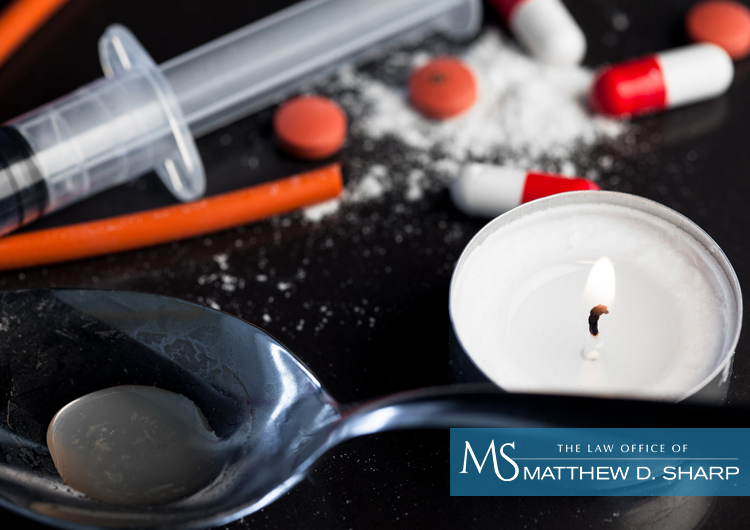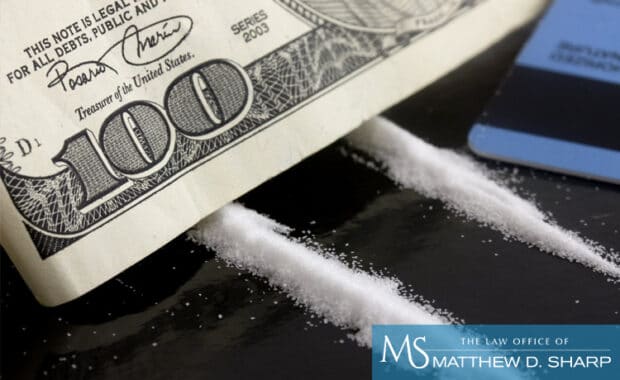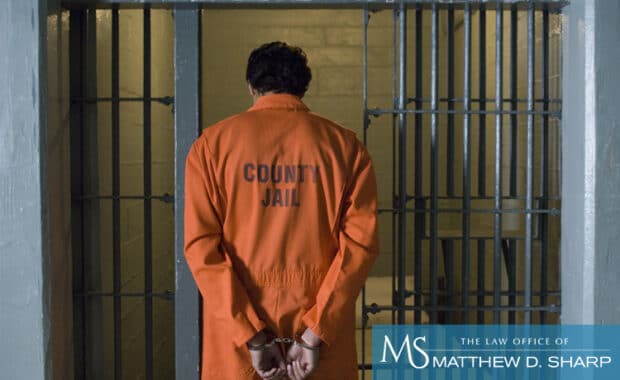
Learn how Texas courts define controlled substances in drug cases
In Texas, residents are subject to prosecution of criminal charges when apprehended for possession, manufacturing, distributing or trafficking “controlled substances.”
The penalties for being found guilty of a drug crime depend on the amount and specific type of substance. Punishments are also determined based on the number of times the suspect has been tried for the offense and their criminal history.
What is a controlled substance in Texas?
In 1989, the state government enacted the Texas Controlled Substance Act. According to the legislation, controlled substances are defined as “an illegal street drug or prescription medication, which is regulated by Texas or the federal government in terms of manufacture, possession or usage.”
Many substances used to dilute or alter a drug are also considered to be under the control of state and federal governments. The act additionally defines the locations and types of equipment that might be confiscated in connection with manufacturing, distributing or trafficking controlled substances.
Possession of a controlled substance
Different types of substances are categorized into groups 1 thru 4. Punishments for possession of a controlled substance in Texas are determined by drug type and drug amount according to where the substance falls into the penalty groups.
Group 1
These are the drugs categorized into Group 1:
- Cocaine
- Ketamine
- Mescaline
- Methamphetamine (in any form)
- Codeine
- Hydrocodone
- Oxycodone
- Heroin
- Other opioids or derivatives
- Psilocybin (mushrooms)
- Other hallucinogens
LSD is in its own subcategory (Group 1A), but carries the same penalties as other Group 1 substances. If convicted, penalties for possession of a Group 1 or a 1A substance begins at 2 years in prison and/or a $10,000 fine. When the crime involves 400 grams or more of the substance, the punishment extends to life imprisonment and a possible $250,000 fine.
Group 2
These drugs are part of Group 2:
- Ecstasy
- PCP
- Hashish
- Marijuana
- Synthetic marijuana
- Other cannabinol derivatives
Penalties start at 2 years in jail when possessing less than 1 gram of the substance. Crimes involving 400 grams or more of a Group 2 substance has the potential of leading to life in prison and possibly a $50,000 fine.
Group 3
The following drugs are in Group 3:
- Anabolic steroids
- Ambien
- Xanax
- Other benzodiazepines
- Valium
- Other sedatives
- Ritalin
- Any substance not listed under group 1 that possesses depressant or stimulant effects
Court-awarded punishments for Group 3 crimes begin with 1 year in prison and/or a $4,000 fine. Crimes involving 200 grams or more of a listed substance include a 20-year prison sentence and fines of up to $10,000.
Group 4
This group involves any opioid or opiate not previously listed in Group 1 or 3. Group 4 also includes chemical compounds, formulas or preparations containing narcotic ingredients.
Punishments for possession of Group 4 controlled substances begin with 1 year in jail and/or a $4,000 fine. Infractions involving 200 grams or more of a substance may lead to 20 years in prison and fines of up to $10,000.
Manufacture, distribution or trafficking of a controlled substance
Anyone convicted of manufacturing, distributing or trafficking a controlled substance may face anywhere from 6 months to 2 years in jail and a $10,000 fine for a first offense. Depending on the amount of the substance confiscated and the criminal history of the offender, the penalty may extend to life in prison and up to $250,000 in monetary penalties.
The punishment automatically increases if the crime took place in a location designated as being a “drug-free zone.” Drug-free zones typically involve a destination within 1,000 feet of any daycare center or a public or private school. The court more than likely will hand down a severe punishment if the crime involved the distribution or trafficking of controlled substances to minors.
Crimes involving any substance from the Group 1 category automatically lead to more severe penalties due to the addictive nature of the drugs. Even non-violent first offenders convicted of manufacturing, distributing or trafficking 1 of the listed substances may face the maximum in monetary penalties and/or life in prison.
When to consult a Houston drug defense attorney
Being apprehended and charged with a controlled substance violation should be taken seriously, regardless of the amount or type of drug involved.
At the very least, the court may determine that a convicted offender should receive probation and an expensive fine. Sentences might also result in mandatory addiction treatment or suspension of a driver’s license.
Despite having a physician’s prescription for a controlled substance, someone may be apprehended and convicted of a drug crime, depending on the amount of drug in their possession.



